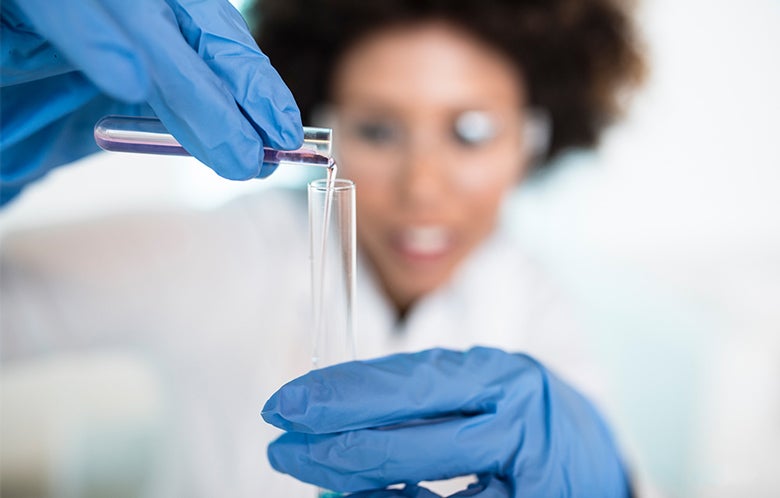Developing a new drug is not an easy process. In fact, according to the Europeans Patients’ Academy, introducing a new drug to market requires an average of 12 years and one billion dollars. There are five steps to the drug development process: Discovery and Development, Preclinical Research, Clinical Research, FDA Review, and FDA Post-Market Safety Monitoring.
Discovery and Development
The discovery step of drug development occurs early in the process. During this stage, researchers should aim to identify and understand their competitors, thoroughly research the ailment for which they are creating a drug, uncover their target molecule, and comply with medical device regulations. Each of these four elements are essential for drug development.
Identify and Understand Your Competitors
Competitive intelligence research provides critical information that can help you begin the drug development discovery process. By identifying and understanding competitors, you will gain valuable insight into your industry and be better prepared to introduce a new drug to market. Closely monitoring your competitors will help you to revise your research and go-to-market strategy as you consider what appears to be working (or not) for your competitors. EBSCO’s Business Source Corporate Plus will give you access to all the information you need on competitors in one central location using the Company in Context feature.
Understanding the Ailment
Understanding the ailment for which you are developing a drug requires in-depth research that can be completed using a variety of methods. Translational research helps to bring together existing scientific knowledge and new approaches to the prevention and treatment of a disease. Through databases, such as EBSCO’s Biotechnology Source, researchers can access valuable and reputable information that will help them thoroughly understand the nuances of an ailment. Additionally, data repositories and biobanking will help researchers locate critical information such as clinical study data. Utilizing a combination of these repositories and databases, researchers can be confident that they are locating the appropriate information for their drug development research.
Molecular Target Validation
Molecule target validation is a critical part of the drug development discovery phase. By identifying and validating a target molecule, you can save enormous amounts of money and time on your drug research and development processes. This validation is important to identify the most promising approaches before further developing a potential medicine; increasing the effectiveness of research. A discovery platform, such as EBSCO Discovery Service, gives researchers access to relevant, high-quality and in-depth full-text research.
Medical Device Testing and Reporting
Conducting research on medical devices is critical to validating the feasibility of a proposed drug. MDR-compliant research must be completed to ensure that guidelines are being properly followed. With research databases, such as EBSCO’s Biotechnology Source, researchers can be sure that they are gathering relevant and reliable information that will assist any pharmaceutical or biotechnology company in meeting MDR requirements.
Bringing it All Together with the Right Resources
The drug development process begins with research. From understanding competitors, to studying ailments, to validating molecular targets and testing and reporting medical devices, reliable and relevant information is needed at every stage.
EBSCO provides the content that you need to complete the discovery phase of drug development. Test your knowledge on drug development with EBSCO’s quick, six-question assessment.
